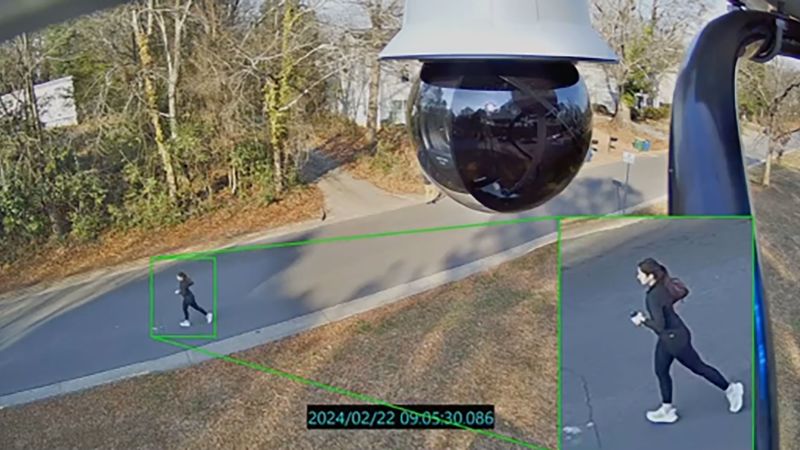
Women are arming themselves with technology to protect against violence. Is it working?
CNN
The man accused of killing 22-year-old college student Laken Riley in February while she was jogging on the University of Georgia campus was convicted of murder this week and sentenced to life in prison.
The man accused of killing 22-year-old college student Laken Riley in February while she was jogging on the University of Georgia campus was convicted of murder this week and sentenced to life in prison. Laken’s sister, Lauren Phillips, now a University of Georgia student herself, walks the grounds of her dream school in fear. “I cannot walk around my own college campus because I am terrified of people like Jose Ibarra,” she said tearfully in court this week, as her sister’s killer looked on. Riley went for a run in broad daylight. She texted her mother to let her know what she was doing. She used her cell phone to share her location with trusted friends. And she used her phone’s SOS feature to call for help when she was being attacked. Many women who use these tools to keep themselves safe would say Riley did everything right. And there’s a growing arsenal of products aimed at enhancing safety and protecting peace of mind. Apps like Find My Friends, or the runner’s app Strava, allow people to share their locations with friends. Some ride share apps offer users the option to share their route with a third party. Personal safety alarms that can fit in a pocket or on a keychain are advertised with sleek designs and eye-catching colors. Shoe insoles and backpacks are being sold with GPS trackers attached. Phones, watches and other devices can make emergency calls with the push of a button.













